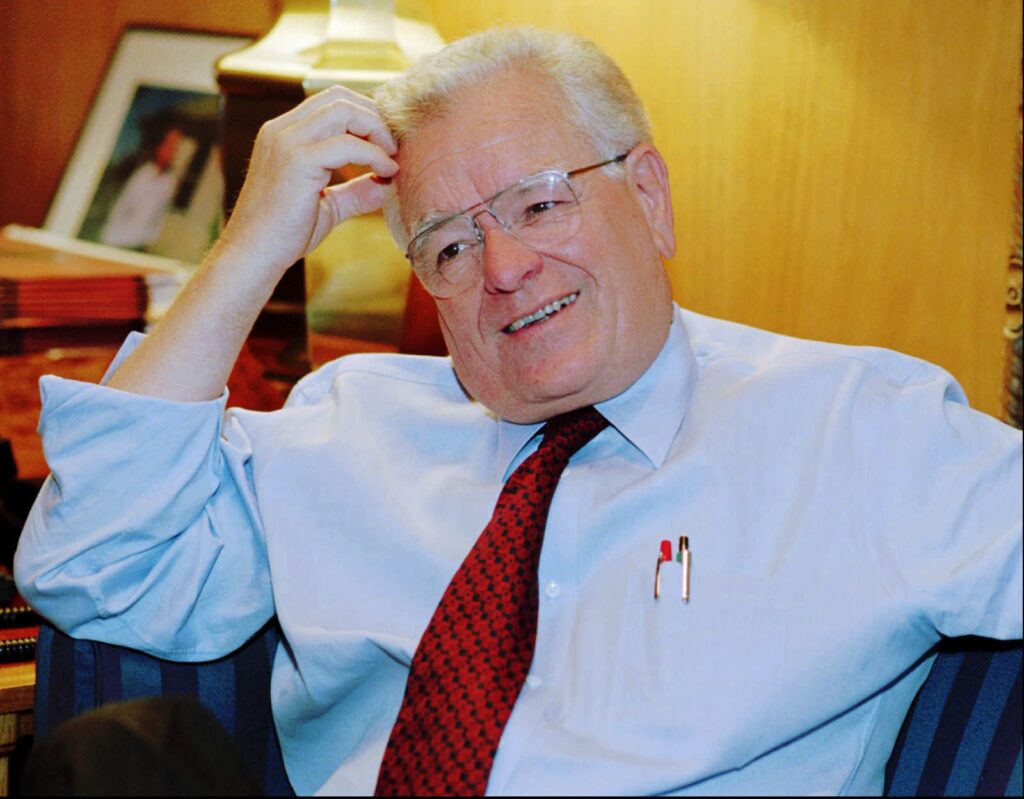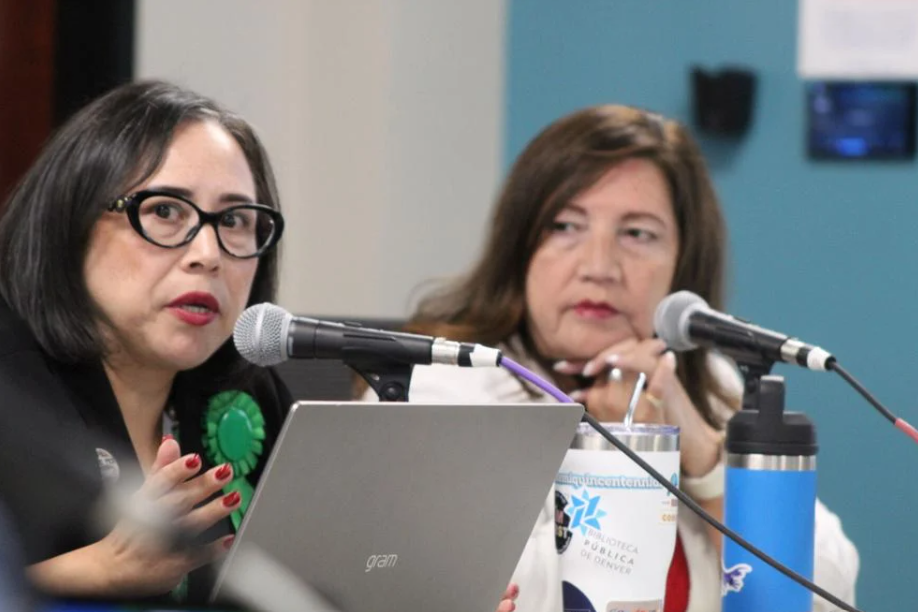A LOOK BACK | State Dems irate over GOP congressman’s blocking of Kennedy initiative

Sixty Years Ago This Week: Colorado Democratic Party Chairman Fred Betz Sr. was out voicing his “significant disappointment” to anyone who would listen that U.S. Rep. Peter Dominick, R-CD2, had “turned his back” on the overwhelming problems facing his district.
Dominick had voted against President John F. Kennedy’s proposed Department of Urban Affairs while quoting Denver Mayor Dick Batterton who opposed the new department because “it may threaten programs which are all working well.”
Betz wrote to newspapers that, “Dominick – whose district is 69.7% urban – is thus completely ignoring the staggering school, traffic, service and planning problems of three major counties in his district: Adams, Arapahoe and Jefferson.
“In speaking against the measure during last week’s debate,” Betz told The Colorado Democrat, “he also chose to misrepresent U.S. Department of Commerce census, which show 70% of all people concentrated in cities or urbanized areas, by saying that there couldn’t be more than 50%, unless you include everybody but a hermit.”
Fast forward: The Department of Housing and Urban Development failed to launch during the Kennedy administration, but was later founded in 1965 by President Lyndon Johnson as a part of his “Great Society” program.
Thirty-Five Years Ago: Sue Thomas, twelve hours into her service as the first woman chairman of the Arapahoe County Republican Party, presented herself at the 7 a.m. meeting of the Arapahoe County Republican Men’s Club and was made an honorary member by the men-only group.
Twenty-Five Years Ago: Ohio Republican U.S. Rep. John Kasich’s announcement that he would use his position as chairman of the House Budget Committee to kill funding for the Animas-La Plata Project evoked immediate outrage from Colorado U.S. Rep. Scott McInnis, R-CD3.
The Animas-La Plata Project was intended to supply nearly 500,000 acre feet of water for irrigation, industrial and municipal water supplies for use in Colorado and New Mexico. The project would have then fulfilled the U.S. government’s water rights settlement with the Ute Mountain and Southern Ute Tribes.
McInnis demanded that the “U.S. government should keep its word” to the country’s Indigenous American Nations.
“There have been 371 treaties between the U.S. government and the Native Americans that have been ratified by the U.S. Senate, and every single one of them without exception has been dishonored by the U.S. government,” McInnis said. “I intend to see that this time we keep our word.”
McInnis, was one of the original negotiators with the Ute Nation during his tenure as a state representative and said he had been working tirelessly in Congress to see that the federal government “kept their end of the deal.”
Estimated costs for the Animas-La Plata Project had risen sharply along with environmental protests about its long-term effects, but supporters across Colorado said that the project would be vital to Ute Nation agriculture and Western Slope economic development.
“Those who know me realize this fight is not done, and as long as I have the privilege of representing the Third District of Colorado, I intend to fight to make sure the promises made to the Ute Indians are not broken on my watch,” McInnis declared.
Fast forward: Although Gov. Roy Romer and Lt. Governor Gail Schoettler also worked to build a consensus among supporters and opponents on the Animas-La Plata Project, in 1998, a scaled-down project was recommended by the Department of the Interior.
Rachael Wright is the author of the Captain Savva Mystery series, with degrees in political science and history from Colorado Mesa University, and is a contributing writer to Colorado Politics and The Gazette.













